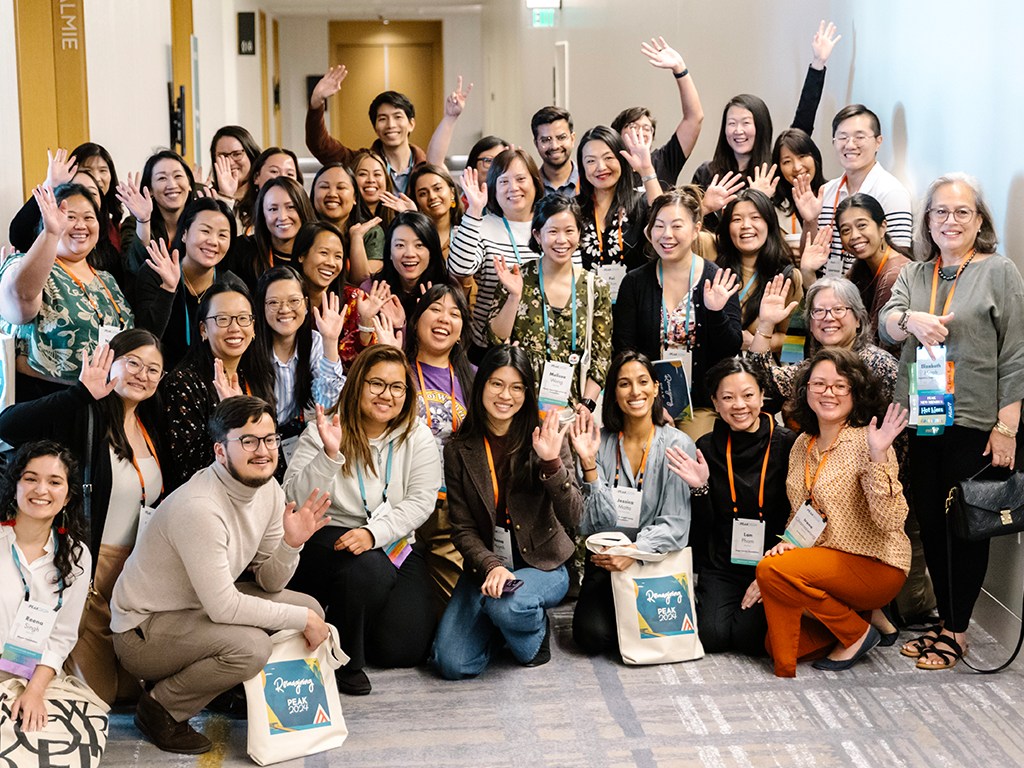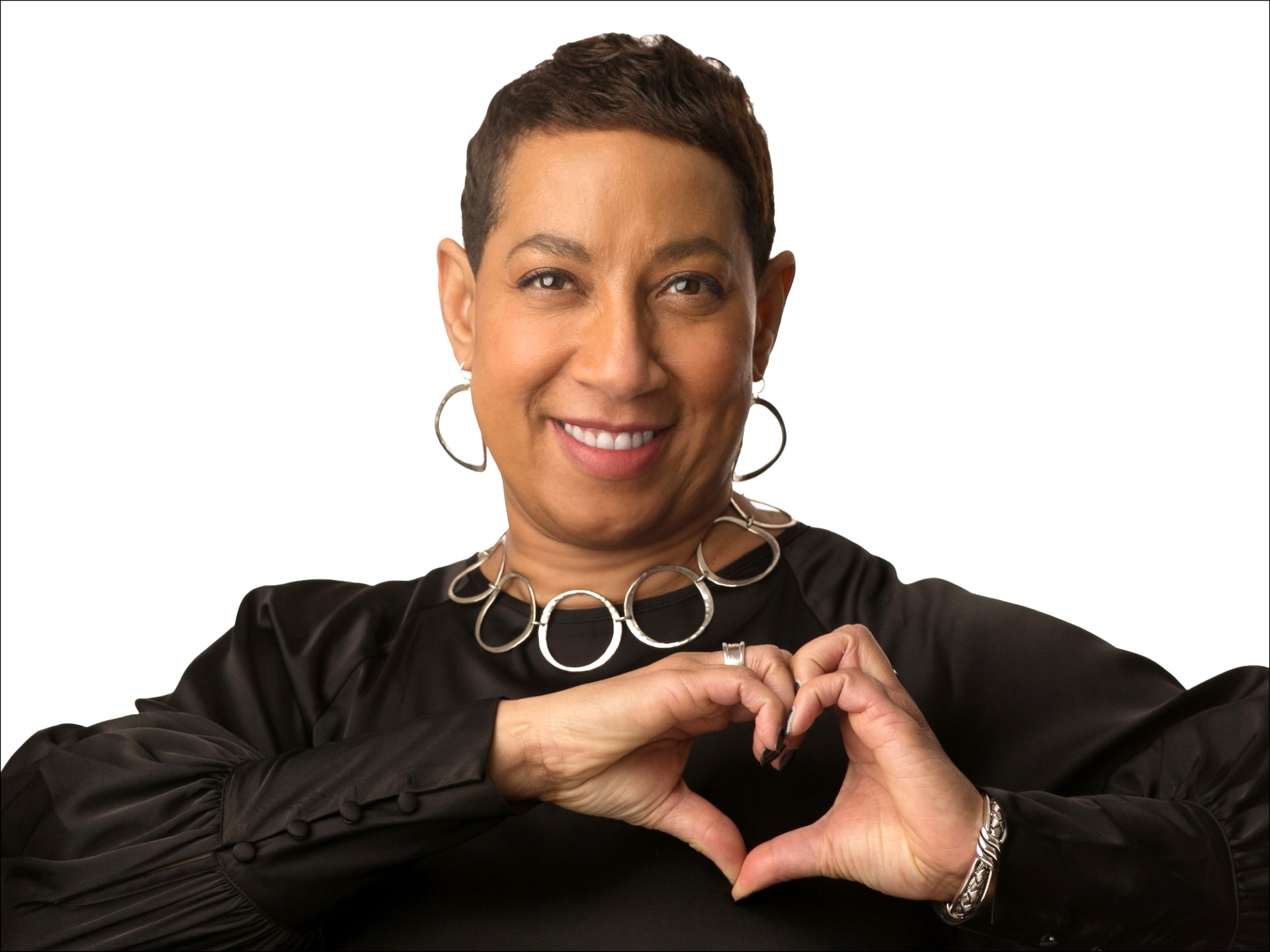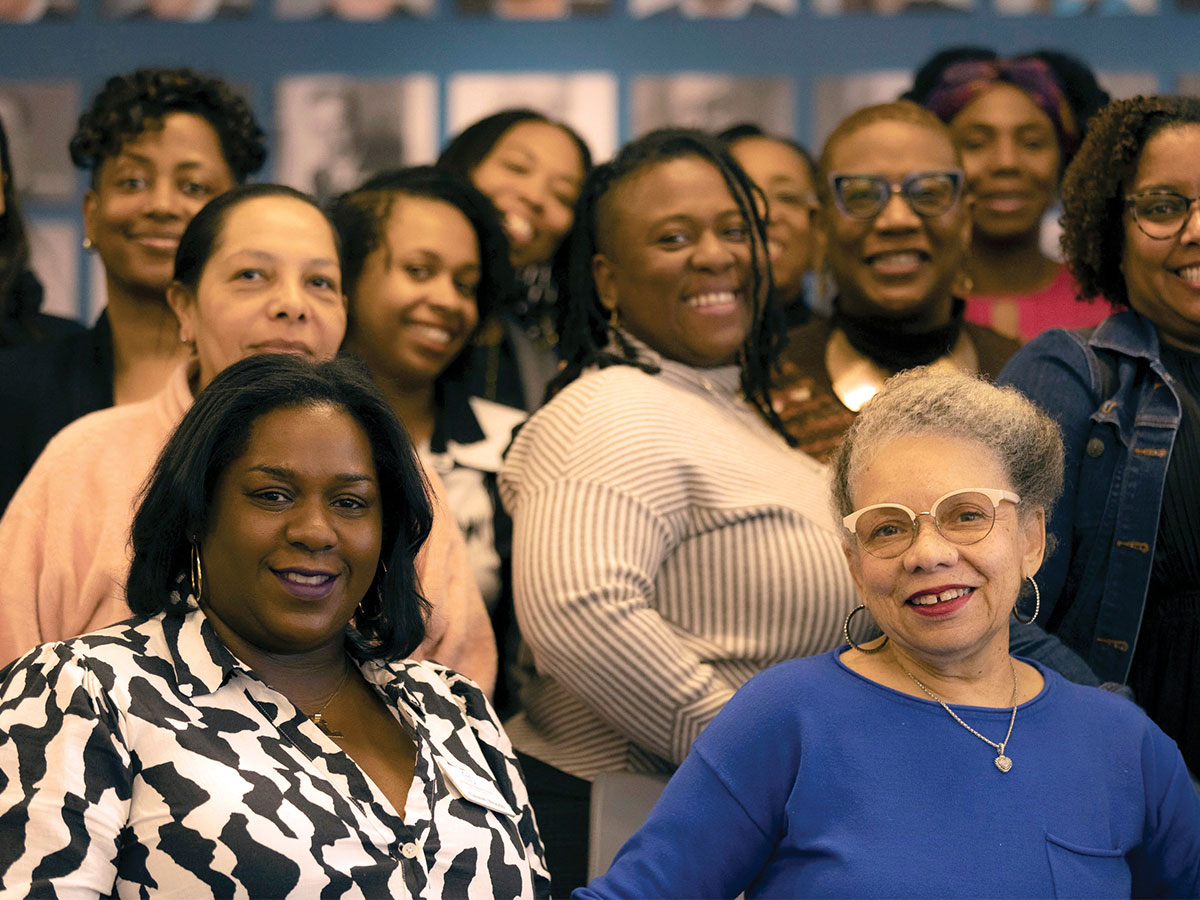Through the Latinx Caucus, Grants Professionals Find Common Bonds Amid Diverse Experiences

PEAK launched nine forums for peer learning and support in spring 2021 in response to members asking for more dedicated spaces to convene around shared identities. Among them is the Latinx Caucus, which met for the first time during PEAK2021 Online. PEAK’s Latinx Caucus provides a safe space to celebrate cultural heritage, shared identities, and co-develop practical steps to move forward on the journey toward more equitable grantmaking. The caucus is led by volunteers Rachel Gonzales, Animal Assistance Foundation, MariaClaudia Lora-Montano, Research to Prevent Blindness, and Isabella Gargiulo, Argosy Foundation. Together they are working to establish the goals and purpose of the caucus.
The co-chairs and another caucus volunteer recently sat down with me to discuss the development of the PEAK Latinx Caucus and it’s hopes for the future as they reflected on Hispanic Heritage Month. The following are high-level insights from that conversation.
What’s in a name?
During the Latinx Caucus’s kickoff session, members identified several topics that they were very interested in exploring: the intersection of race, class, and gender in grantmaking and philanthropy; approaches to professional development; advocating for pay equity; and overcoming cultural barriers to advocating for yourself within your organization and the wider philanthropic sector. All these topics weigh heavily on retaining and promoting Latinx people in philanthropy. But first, the group had to decide on what they wanted to call themselves.
“The process to identify the name for this group was kind of painstaking,” Gonzales said. “We went through several iterations of it, collected a lot of feedback, and gathered as much information as possible to make an informed decision on what would resonate most with this group.”
Part of the challenge is that the terms Hispanic and Latino are applied to broad swaths of people, but each term excludes certain identities. Consequently, the caucus wanted a name that would embrace as many identities within the Latin American diaspora as possible. A few of the names considered were Latine Caucus, a term more widely used by Spanish speakers; and Unidos and La Gente, both of which boldly declare a sense of unison among caucus members but excludes non-Spanish speakers. The group ultimately settled on the Latinx Caucus.
The term Latinx emerged in the early 2000s as a gender-neutral term that embraces all people who have Latin American roots. And there is a great deal of diversity within the global Latinx population. There are many languages, ethnicities, and cultures that are considered Latinx. The caucus wanted to make it clear that there is a place in this peer group for Afro-Latinos, Indigenous peoples, and everyone else across the spectrum. Setting the stage for Caucus members to experience a sense of belonging is one of the top priorities for the Latinx Caucus co-chairs.
Nevertheless, Latinx still leaves much to be desired. According to an August 2020 report by Pew Research, only 20 percent of US Latinos have heard the term while only 3 percent use it. In addition, using the x suffix for gender inclusivity is a convention of English, creating a term that is difficult for native Spanish speakers to pronounce and is seen by some as “a form of linguistic imperialism.” “Latinx confuses people and elders don’t embrace it,” Gargiulo noted. “Some English-as-a-second-language [speakers] don’t quite embrace it. It still excludes some.”
“Group identity is difficult,” one of our roundtable participants noted. “When you dig in, you see the complexities of how people see themselves and how other people see them. Latin and Hispanic can mean different things to different people.” She emphasized that, “we’re all advocating for the same thing, and that’s to be seen and heard for who we are and the shared identity that we have. At the end of the day, we do have shared goals. We know that we have a seat, we have a place in philanthropy—and it’s at the table. But how are we going to get there and keep it there and advocate for each other in this shared safe space?”
“Rather than focusing on what makes us all different [Latinx people can] find the common thread that unites us all, which is our immigrant or cultural experience in [the United States], being othered or cast aside, and all of those things that come with it.”
Overcoming Barriers by Leaning Into Community
Another priority for the Latinx Caucus is to empower its members. Being a member of this peer group provides a sense of being understood. One participant shared that, “a large struggle the Latino community faces is trying to verbalize and have others understand their experiences. I think what this caucus offers is the acknowledgement of that. We don’t have to explain ourselves to each other. Being able to go from this group on to advocating for ourselves and each other and lifting each other’s work up is so meaningful. [It’s] like virtually holding hands to support each other in that work and getting where we want to go.”
“It provides a sense of belonging and the knowledge that we’re in a safe space where we can have some understanding of where we’re all coming from and the challenges and experiences that we’ve all likely faced,” Gonzales added. “Having that sense of belonging and being able to build upon that in philanthropy is amazing.”
Caucus leaders have a deep commitment to sharing their knowledge and skills to help empower members. Isabella said that she sees herself “as someone who can be useful to the movement and to the immigrant communities that my foundation serves. I do think it’s important for foundation staff to reflect the communities that we’re serving to really represent those communities in any way that we can. How can I be of service to them here sitting in an office?” Lora-Montano feels the same and wants to “contribute as much as I can and in any way possible to make all the communities stronger, all the different communities, but especially ours. I would love to be in a place where I can contribute to making the Latino community in the United States stronger and more visible. There are so many ways we need support as a community. I would love to see organizations that approach [Latinx communities] not just give help for today, but also for tomorrow, and to help make them stronger and more capable and really grow in their lives and in society.”
Click here to learn more about PEAK’s nine peer groups. To learn more about the Latinx Caucus and inquire about joining, contact our team at info@peakgrantmaking.org.
Image: A mural created by Rosalia Torres-Weiner in 2016 for the Gateways/Portales exhibition at the Anacostia Community Museum in Washington, DC.



